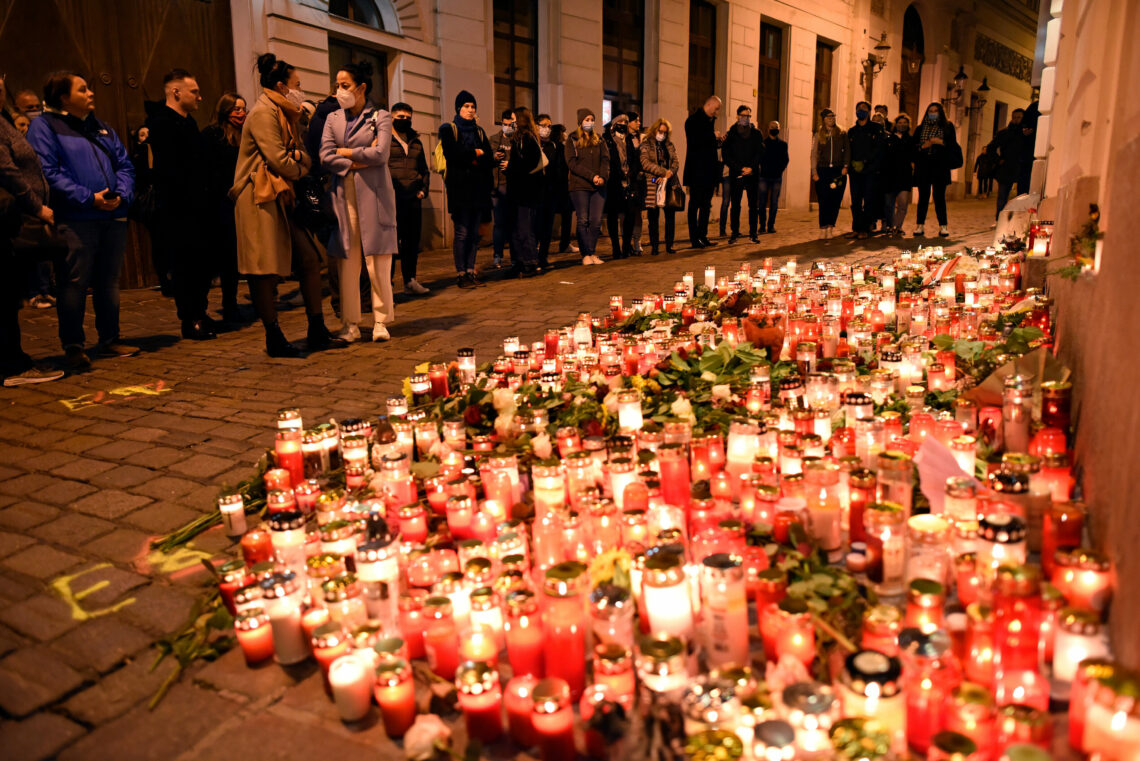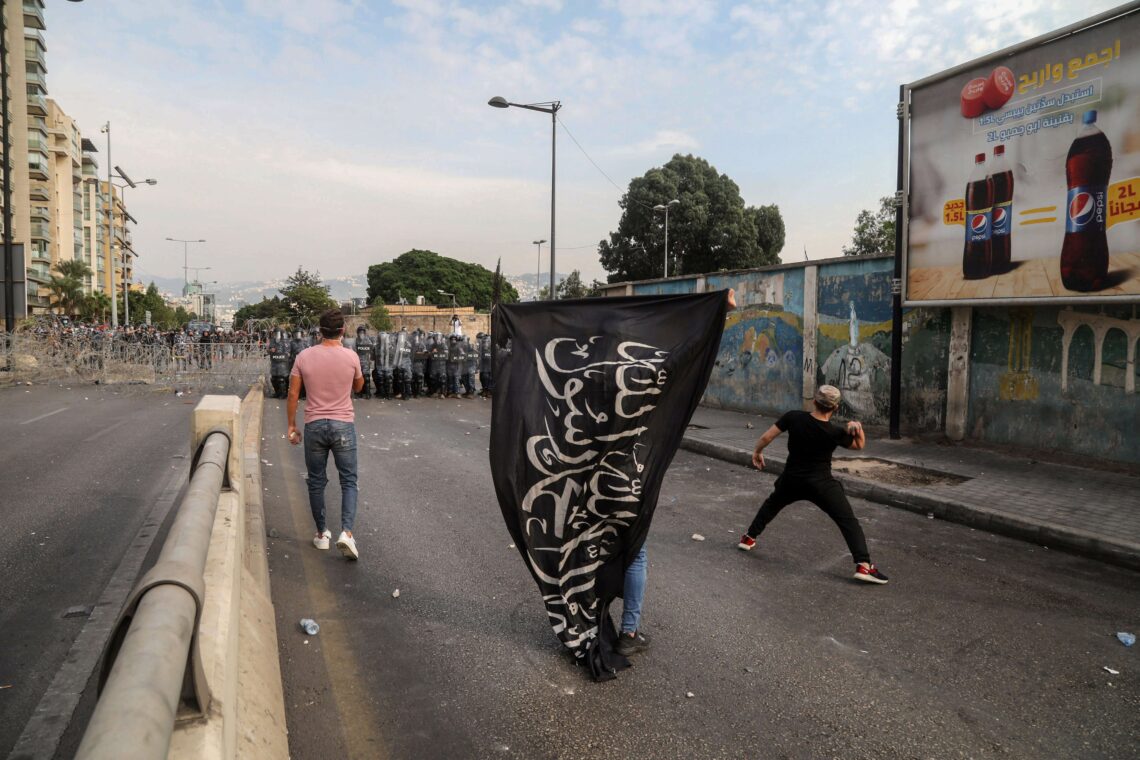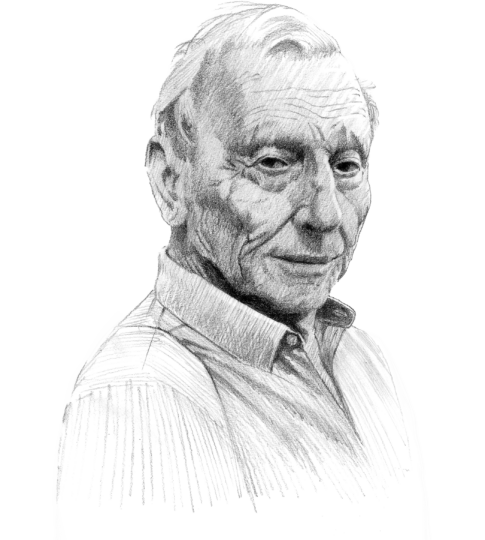The Muslim Brotherhood’s stealth expansion in Europe
The Muslim Brotherhood has long been establishing networks in Europe. Governments have been slow to react, but recent terror attacks could lead to a harder stance from EU leaders.

In a nutshell
- The Muslim Brotherhood is planning to expand in Europe
- So far, no European government has tackled the issue
- The recent rise in terror attacks could prompt a reaction
Islamic organizations have been active in European countries since the 1960s, establishing networks to disseminate the teaching of Islam without encountering significant opposition. As the number of Muslim immigrants grew, so did the scope of their activities and recruitment.
The Muslim Brotherhood has expanded by following a long-term strategy devised by the founder of the movement, Hassan al-Banna. The organization was the first to set up Islamic cultural centers in Europe. They took over hundreds of mosques and created thousands of societies (for women, students, workers, etc.) dedicated to helping Muslims in their host countries, ultimately forming a web that includes most of Europe. Often, part of their funding is diverted to terror movements born of their ideology, such as Hamas.
In a matter of years, powerful Islamic organizations emerged.
This is the result of the large-scale arrival of migrants unwilling to accept Western values, and brought up on the principles of the superiority of Islam, along with religious and political extremism tainted with antisemitism. Problems that are endemic to Arab states endure to this day, despite the hopes inspired by the Arab Spring.
Islam in the West
It was the cooperation between Saudi Arabia and the Muslim Brotherhood that spurred a foray into Europe. The Saudi King Saud and his successors, Faisal, Khalid and Fahd, welcomed the militants who flocked to their kingdom after being driven from Egypt in 1954, for conspiring to kill President Gamal Abdel Nasser. In return, they betrayed their hosts, set up local cells, and sent teachers to promote their creed in schools and universities. In 1962, they persuaded King Saud and Crown Prince Faisal to establish a Muslim World League to preach Islam to the West, as well as to finance their Islamic centers and mosques in Europe and in the United States. In that manner, they were able to recruit more members among Muslim migrants and even penetrate state institutions. After the 9/11 attacks, carried out by 16 Saudi Muslim Brothers among the perpetrators, the movement was banned and its members expelled from Saudi Arabia. Qatar took over as purveyor of funds, using for that purpose the Qatar Charity established in 1992 to help Muslim communities over the world.
In a matter of years, powerful Islamic organizations emerged: the Union of French Islamic Organizations in 1983, the Islamic Community in Germany in 1982, the Intercultural Islamic League of Belgium in 1997, the Muslim Association of Britain in 1997, the Islamic Associations of Finland, Norway and Sweden and many others, according to a list published by the United Arab Emirates in 2014. The moving force behind those developments was Said Ramadan, former assistant and son-in-law of Hassan al-Banna, assisted by his sons Hani and Tariq.
In 1961, Hani Ramadan established the first cultural center of the Muslim Brotherhood in Europe, and for many years, Tariq Ramadan was its unofficial ambassador. His controversial activities led U.S. authorities to ban him from entering the country. Several French academic institutions refused to let him give talks. He still holds a chair of Islamic Studies in Qatar and in St. Anthony’s College in Oxford, where Qatar is funding a chair for contemporary Islamic studies. He is currently on leave of absence after a series of rape allegations for which he was charged and detained.
Network of institutions
The organizations funded by the Muslim Brotherhood promote the interests and needs of Muslims in Europe, including the production and sale of halal meat, setting up Islamic schools (sometimes illegally), demanding separate gymnastic and swimming lessons for boys and girls, providing legal assistance and media visibility to women accused of wearing hijabs in the public sphere, and pressuring local governments. In France, they often circumvent the 1905 law establishing state secularism, notably by setting up mosques in cultural centers that benefit from state funding.
The powerful national societies affiliated with the Muslim Brotherhood fall under the loose jurisdiction of the Brussels-based Federation of Islamic Organizations in Europe, which was established in 1989 and which represents organizations from more than two dozen countries. In 1997, the federation set up the European Council for Fatwa and Research in Dublin. The council was long directed by preacher and theologian Yousuf al-Qaradawi, who provided religious solutions to problems faced by Muslims in a non-Muslim country: opening accounts with banks that charge interest, which is forbidden by Islam; praying when no place of worship is available; and bypassing bigamy laws. The guiding principle was to find acceptable compromises so that Muslims could live their faith and not be tempted to assimilate – or to enter into confrontations with the host country to fulfill their obligations.

It is not always clear where the Muslim Brotherhood’s money comes from. From time to time, details emerge. A CIA report in the 1990s mentions two main sources: the Al Taqwa Bank in Switzerland and the Holy Land Foundation for Research and Development in the U.S. Though they allegedly raised funds for benevolent activities, the report found that Al Taqwa, which was managed by senior Brotherhood figure Youssef Nada, served as a conduit for transferring money to al-Qaeda, while the Holy Land Foundation funneled funds to extremist organizations such as Brotherhood affiliate Hamas in the Gaza Strip.
Through these activities, a worrying phenomenon has appeared in European countries such as France, Belgium, Sweden and even Great Britain: suburbs ruled according to Islamic tradition have emerged. Underage girls can be married, women have to wear head coverings and are forbidden to enter certain establishments, and a “morality police” enforces dress codes and Sharia law. Altogether, a new subculture is growing as a prelude to a gradual and peaceful takeover of the country with no need for terrorist actions, according to the master plan of the Muslim Brotherhood.
Defending secularism
Europe has been slow to properly assess the threat and slower still to take action. In France, perhaps the country where this process is most advanced, there was some early awareness of the issue. In 2002, a collection of testimonies from educators was published under the title The Lost Territories of the Republic. Their accounts revealed the near impossibility to discuss philosophy, history, the Holocaust and (above all) Islam with Muslim students in a growing number of Parisian suburbs.
Tension between secular France and its Islamic minority led young Muslims to launch attacks on random French citizens.
Nothing was done, and now second- and third-generation Muslims are growing up watching only Muslim-oriented television channels, knowing little about recent history or Republican values. The tense relationship between secular France and its growing Islamic minority – subjected to the inflammatory rhetoric of foreign-born imams – led a small number of young Muslims to launch attacks on random French citizens. More often than not, their motivation was swept under the rug and they were alleged to have acted under the influence of drugs or alcohol or because they were of unsound mind; under no circumstances, the press coverage indicated, should radical Islam be blamed.
Presidential words
This helps explain why French President Emmanuel Macron’s decision to stop the expansion of radical Islam in France, and to defend secularism and freedom of expression, came as a complete and unwelcome surprise to radical Islamic organizations – especially to the Muslim Brotherhood, his most immediate target. In an October 2 speech, the president expressly mentioned radical Islam for the first time in an official declaration, and stressed his intention to fight what he called “separatism:” the attempt to create an ideological state within the state by implementing political and religious beliefs contrary to the laws of the republic.
The French president added that the Islamic world was in turmoil, perhaps hinting again at the Brotherhood, whose teachings have produced jihadi organizations such as al-Qaeda, Daesh and others that are still fomenting bloody wars in several Arab states. He announced that laws would be drafted to allow French police and the security apparatus to take additional measures against this threat.
Official Islamic institutions in the Arab world reacted with indignation. Turkish President Recep Tayyip Erdogan, who sees himself as the patron of the Muslim Brotherhood and a defender of Islam, accused Mr. Macron of being racist and insulting Islam. From his London office, Ibrahim Munir Mustafa, the Secretary General of the International Organization of the Muslim Brotherhood, wrote to the French president that his interpretation of Islam was at fault and his accusations unacceptable, in a carefully crafted letter which concluded with a thinly veiled threat.
The crisis was made worse when a young Chechen Muslim decapitated a French history teacher, “guilty” of having shown a drawing allegedly insulting the prophet of Islam. The French president reiterated his commitment to freedom of the press and refused to ban further publication of the drawings. A frenzy of attacks, protests and calls to boycott French goods ensued in the Arab world. President Erdogan went as far as to question the sanity of his French counterpart.
Scenarios
The Muslim Brotherhood, its supporters, and above all, its backers Turkey and Qatar, are wondering whether the stance taken by President Macron will be seen as a wake-up call by other European countries facing the same challenge. Responses have been muted thus far; decisions are being postponed until a December summit of European Union leaders. However, the recent terror attack in Vienna has added urgency to the matter.
Meanwhile, so-called progressive circles in Europe and the U.S. are busy suggesting that France is promoting a form of “radicalized” secularism not dissimilar from Sharia. It is only the latter, though, that has led to wholesale terrorism, killing Muslims by the hundreds of thousands.
Based on its past behavior, Europe is unlikely to go on the offensive. Liberal laws would have to be amended to curb Islamic institutions or embark on a massive program of deportation for clerics using inflammatory rhetoric. Limited (if not token) measures are more likely. The French president has made it clear that he would rather reach an understanding with the Arab world than openly confront it. The Muslim Brotherhood may decide that it is wise to take a time-out to let tempers cool – but not without renouncing its long-term plans for Europe.
Much will depend on the new legislation to be presented to the French parliament on December 5. If it presents a real threat to what Islamic organizations have been able to achieve so far, further unrest and violent manifestations within the country are to be expected.






